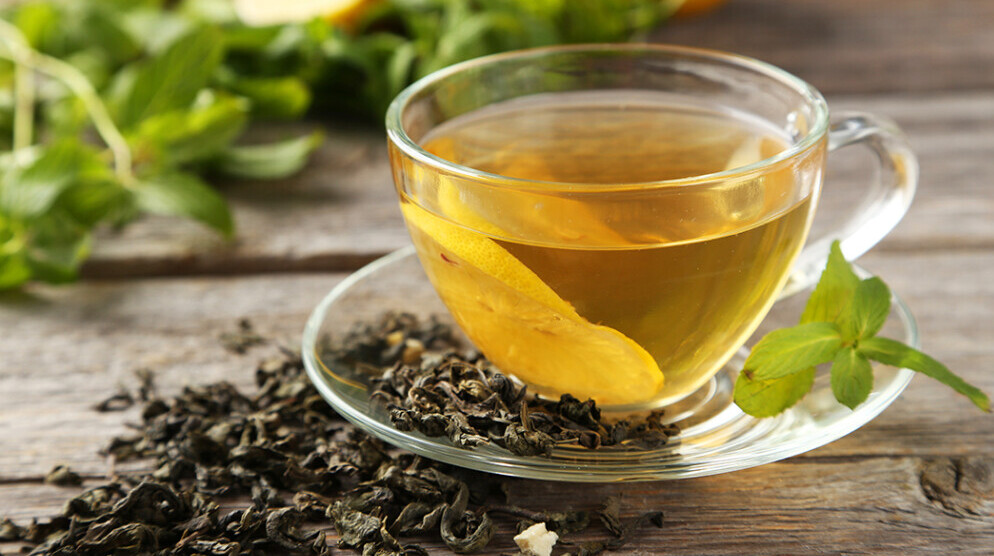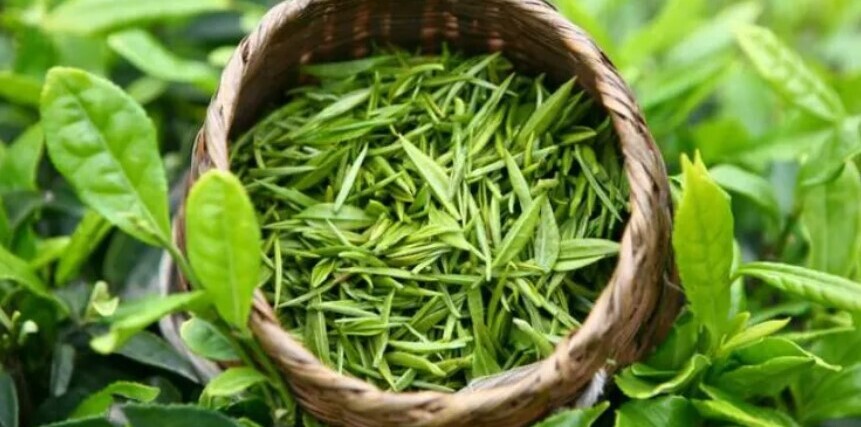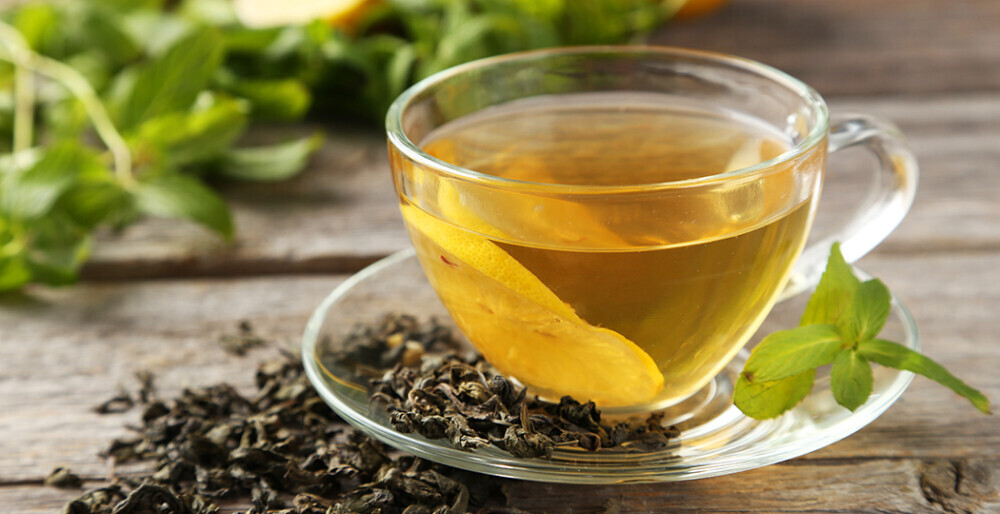
Antioxidants are like the unsung heroes in our body, always on duty to fend off damage from harmful molecules known as free radicals. Free radicals are unstable atoms that can damage cells, leading to aging and diseases. The magic of antioxidants lies in their ability to neutralize these pesky radicals, reducing their potential harm.
These health-boosting compounds aren’t conjured out of thin air, though. They primarily come from the colorful fruits and veggies we eat. Leafy greens, berries, nuts, and, of course, green tea lead the charge in this antioxidant arsenal. The rich green tea leaves stand out for their particularly high antioxidant content, putting them on a pedestal in wellness circles.
So, how do antioxidants even perform their defensive duties? It’s all about electron generosity. Free radicals are hungry for electrons, and when they latch onto antioxidants, they get their fix without wreaking havoc on our cells. This simple electron exchange is crucial in preventing oxidative stress, a condition linked to various chronic diseases.
Knowing where antioxidants come from and their protective role paints a clear picture of why they’re essential. So, next time you sip on some green tea or munch on a juicy berry, know you’re doing your body a solid by flooding it with these beneficial compounds.
Antioxidants in Green Tea: The Power of Polyphenols
Green tea is a powerhouse when it comes to antioxidants, primarily due to its high content of polyphenols. These little compounds pack a big punch in the fight against free radicals.
Among green tea’s polyphenols, catechins are the most prominent. Catechins, especially the superstar epigallocatechin gallate (EGCG), are what make green tea so beneficial. They’re quite special, providing both protective and healing properties. EGCG, in particular, is a potent antioxidant that’s been extensively studied for its health-promoting effects.
What sets green tea’s polyphenols apart from those in your regular diet? It’s the sheer concentration and bioavailability. This means not only are there plenty of them, but your body can easily absorb and utilize them effectively.
Scientific research highlights that these polyphenols do more than just protect your cells. They support heart health, enhance brain function, and even contribute to weight management. It’s like having a personal health assistant in every cup.
Knowing the type and strength of polyphenols in green tea gives you more control over what you consume. It’s this knowledge that helps make informed, healthy choices in your daily diet. So, when you drink green tea, remember it’s not just about indulging in a soothing cup; it’s about unleashing the full potential of polyphenols to support your overall well-being.

The Health Implications: Why Are Green Tea Antioxidants Important?
Green tea’s antioxidants have gained a mighty reputation for their numerous health benefits. Their ability to ward off disease and promote longevity makes them an essential part of a healthy lifestyle.
Research really backs up the claims when it comes to heart health. Antioxidants in green tea help improve cholesterol levels, keeping those arteries clear and resilient. Regular intake has been linked to a lower risk of heart disease, a leading cause of death worldwide.
Cancer prevention is another potential benefit that’s often discussed. Some studies suggest that the antioxidant properties might protect cells from DNA damage, which is crucial in slowing down the spread of cancerous cells. While it’s not a cure-all, it certainly adds a defensive layer.
Then there’s the whole anti-aging thing. The idea here is that antioxidants in green tea help combat oxidative stress, a major player in the aging process. By reducing cell damage, they might just keep you looking and feeling youthful longer.
Despite all these benefits, it’s important to separate fact from fiction. Drinking green tea alone won’t prevent diseases, but as part of a balanced diet, it can certainly help tip the scales in your favor. Understanding its role gives you the power to make healthier choices every day.
How Much Antioxidant Power Does a Cup of Green Tea Offer?
The amount of antioxidants in a cup of green tea can vary, depending on several factors, including the type of tea leaves and how you brew it. On average, a single cup may deliver between 100 to 200 mg of catechins, predominantly EGCG, making it a potent source of these beneficial compounds.
Brewing time and temperature play a crucial role in determining how much of these antioxidants you’ll actually get. Steeping the tea for about three to five minutes in hot – but not boiling – water tends to release the most catechins while still keeping the taste enjoyable. Using high-quality tea leaves only amps up this effect, providing more antioxidants than the regular store-bought kind.
But how much green tea should you consume to make a difference? Well, moderation is key. Two to three cups a day may offer just the right balance to reap the health benefits without overdoing it. Going overboard might lead to potential downsides due to caffeine, so it’s wise to enjoy it mindfully.
Incorporating green tea into your daily routine can be as simple as replacing your usual afternoon drink or adding it to a healthy snack moment. Getting creative with green tea can make it a delightful part of your life, boosting both wellness and enjoyment.
Want to further boost your antioxidant intake? Discover the best foods to pair with green tea for maximum benefits! Read more here: Which Foods Pair Well with Green Tea“


Great breakdown of the magic behind green tea’s antioxidants! I drink two or three mugs of this stuff a day and I had no idea that brewing time and temperature could have such a big impact on catechin levels—definitely going to pay more attention to my steeping habits.
I’m curious, though: are there other foods or drinks that pair especially well with green tea to maximize its antioxidant benefits? Would love to hear your thoughts!
Hi Chris, thanks for your comment and the great question. This gave me an idea for a new blog post 😊
For now, here are a few examples of foods that pair well with green tea due to their complementary antioxidant properties.
1. Citrus Fruits (Lemon, Orange, Lime)
Citrus fruits are rich in vitamin C, which can enhance the absorption of catechins in green tea.
Squeeze some lemon or lime in your green tea, or having slices of citrus as a snack alongside, can boost the benefits.
2. Berries (Blueberries, Strawberries, Raspberries)
Berries are rich in antioxidants. Pairing them with green tea may increase antioxidant intake and provide a more diverse range of health benefits.
Add fresh berries to a green tea-infused smoothie or enjoy a cup of green tea with a handful of berries for a snack.
3. Dark Chocolate (70% or Higher)
Dark chocolate, especially with a high percentage of cacao (70% or higher), is packed with flavonoids, which are potent antioxidants that can complement the benefits of green tea.
Pair a small square of dark chocolate with your green tea.
4. Nuts (Walnuts, Almonds, Pistachios)
Nuts are rich in healthy fats, antioxidants, and fiber.
Enjoy a handful of nuts as a snack with a cup of green tea or add them to salads that you drink green tea alongside for a balanced, health-boosting meal.
5. Mango
Mangoes are high in vitamin C and beta-carotene, two potent antioxidants that complement green tea’s catechins.
Enjoy a green tea smoothie with mango or have a fresh mango salad as a side with your tea.
6. Ginger
Ginger enhances the availability of green tea’s antioxidants by promoting better digestion and absorption.
Add fresh ginger slices to your green tea or incorporate it into smoothies or dishes alongside your tea.
Thanks again and take care, Nina